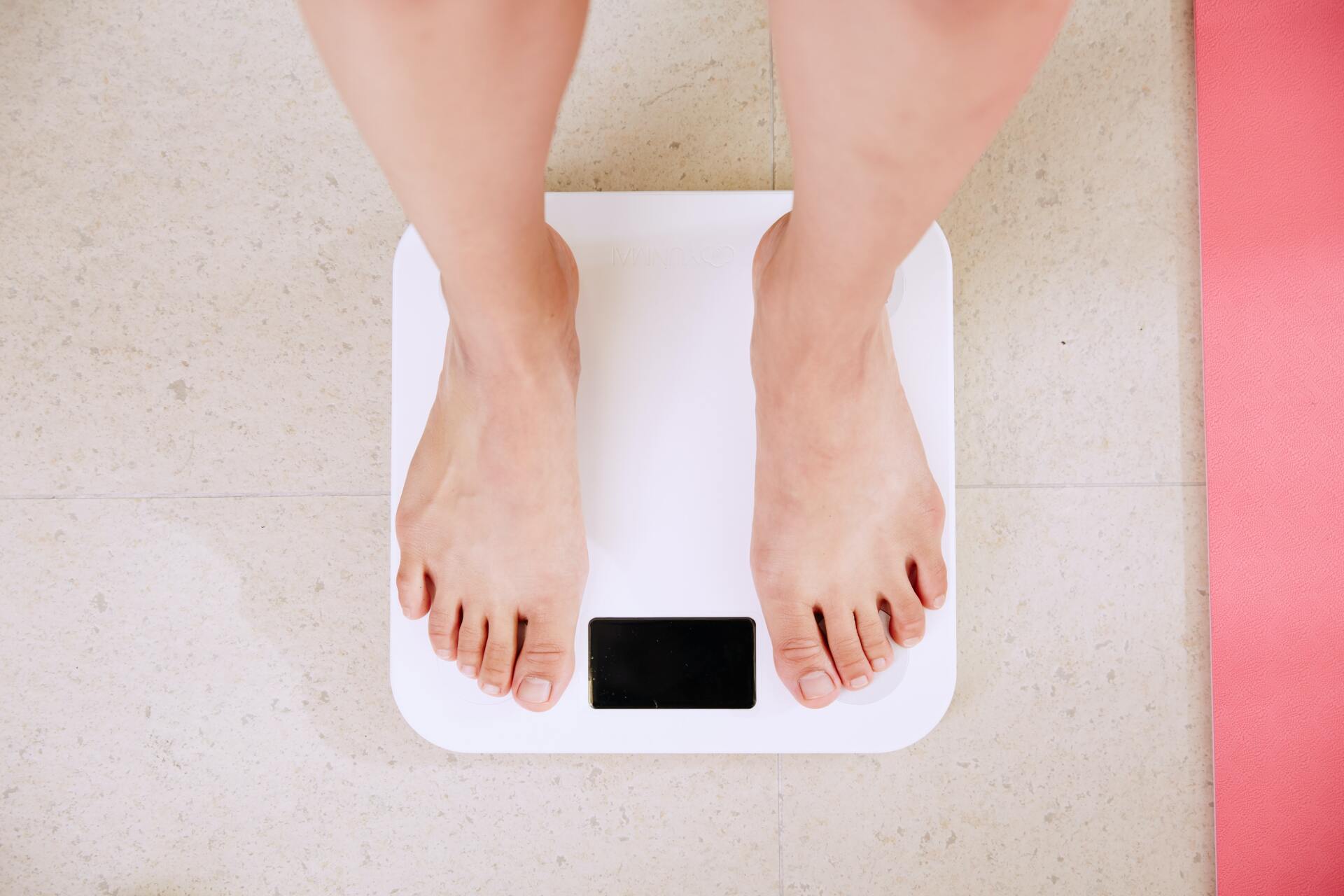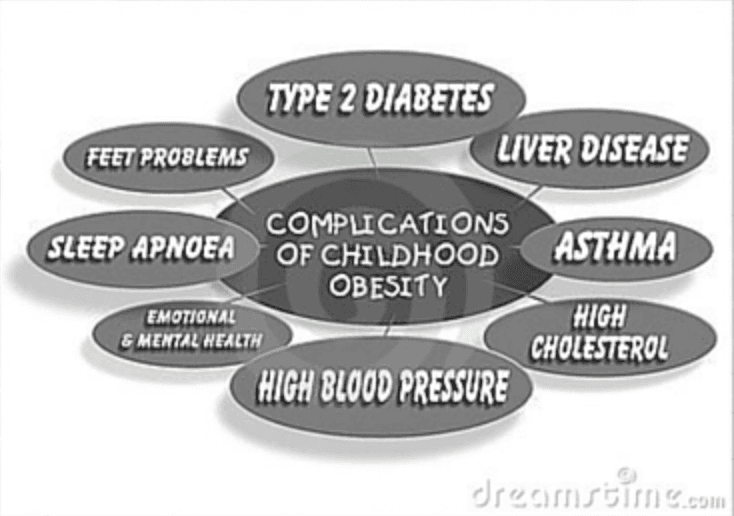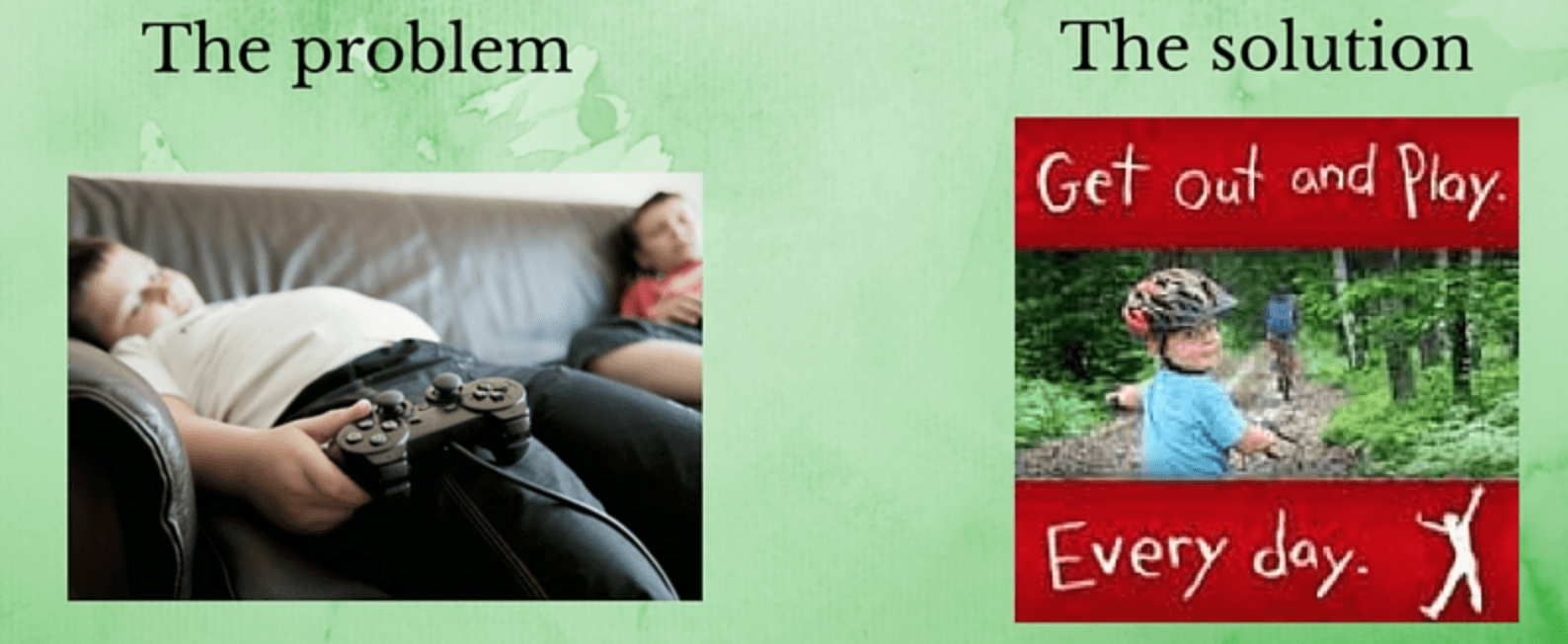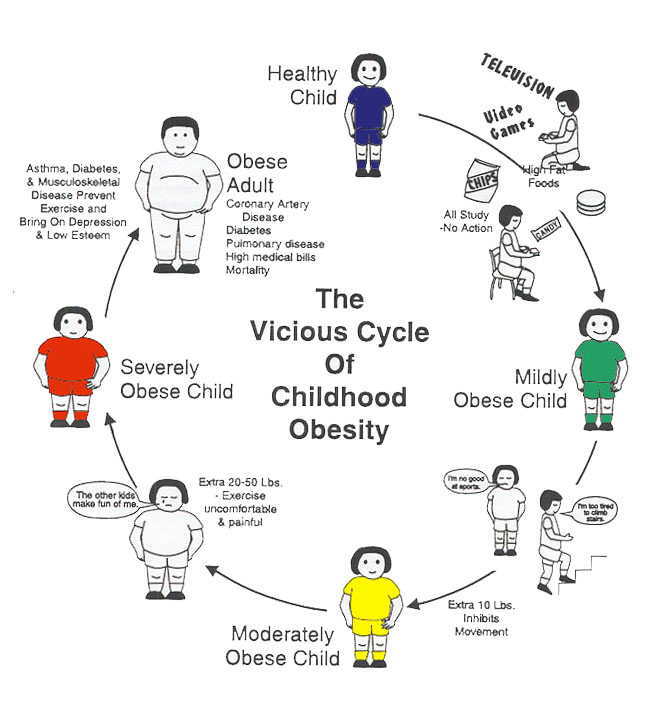Childhood Obesity...NOT the only health issue to be concerned about for kids.
Unless you are lucky enough to live in a peaceful log cabin somewhere with no electronics and no newspapers or news source of any kind, I would have to bet that you have heard of the obesity epidemic that not only the United States faces but the entire world.
There are some pretty scary numbers being thrown around in the news about the rising number of chronic illnesses out there and the affect this has on our nation’s health care system and economy.
What
is really unnerving though is the increase in obesity levels AND
health issues facing our children today.
Notice the AND in that last sentence?
The fact is that you can and may very well have a skinny and unhealthy child.
Unfortunately...
...obesity should not be the only concern we have when dealing with the health of our children.
If your children are grown adults now, then think of your grandchildren.
Or if you never had kids then think of your future because the health of generation Z (yes we are at the end of the alphabet folks and this generation was born between 1995-2012) WILL affect it.
First, let’s review some numbers regarding childhood obesity taken from the Centers of Disease Control and Prevention.
- Childhood obesity has
more than doubled in children in the past 30 years
- The percentage of
children aged 6-11 years in the U.S who were obese increased from 7% in 1980 to
nearly 18% in 2012 and similarly the percentage of adolescents aged 12 – 19 years
who were obese increased from 5% to 21% over the same time period
- In 2012, more than 1/3
of children and adolescents were overweight or obese
These numbers are not good considering the fact that, again according to the CDC, obesity has both immediate and long-term effects on the health and well-being of these kids. The immediate effects being:
- Increased risk factors
for cardiovascular disease such as high cholesterol or high blood pressure
- Pre-diabetes
- Greater risk for bone
and joint problems, sleep apnea and social and psychological problems such as
stigmatization and poor self-esteem
Not scary enough? Maybe this will scare you and let me remind you that we are talking about kids here, not adults. The long term effects are:
- Increased risk for
adult health problems such as heart disease, type 2 diabetes, stroke, and
osteoarthritis
- Increased risk for
many types of cancer including breast, colon, endometrium, esophagus, kidney,
pancreas, gall bladder, thyroid, ovary, cervix and prostate
Ok, now that I have grabbed your attention, I want you to guess what the other big health issue is facing our kids........
INACTIVITY!!!
A study in the American Journal of Clinical Nutrition has found that not exercising is a higher risk factor for all-cause mortality than being overweight or obese (Ekelund et al. 2015).
So, take all of those risk factors listed above for obesity and now apply them to kids who may not be obese or overweight at all but are inactive.
In today’s tech savvy society kids are just sitting in front of some electronic device more and more.
Gone are the days...
...of being thrown outside by your parents to play until it is dark out.
Or get this, maybe walking to a library to get your homework done.
My own kids laughed at me when I tried to get them to learn to use a real dictionary, you know the kind that is made with paper!
They just run to the computer to find whatever they need for school.
Now add all of that time spent in front of a:
- TV
- computer
- Xbox
- ps4
- iPhone
- And compare that to the time spent at a desk while at school.
- Physical education and recess is constantly getting cut or greatly reduced at our nation’s schools and our kids are suffering because of it.
Kids are spending more time than ever at a desk!
So even if you have a child that is not interested in sports of any kind they are also suffering from less play time.
There is increasing evidence that being inactive not only affects children’s waistlines but their brains too and their ability to succeed at school and in life.
I am sure many teachers out there can attest to this and tell us many sad stories about the increase in behavioral issues they are dealing with in our schools.
An article in The Guardian stated...
...“scientific evidence demonstrates that low levels of aerobic fitness and physical activity are associated with declines in academic achievement, cognitive abilities, brain structure and brain function.”
On the social side of all of this, inactive children also miss out on the personal, social and emotional development opportunities they would gain if they participated in some sort of activity.
For example...
...a child participating on a sports team will not only learn the ups and downs of winning and losing but how to work together as a team with a group of people, how to overcome challenges and maybe even how to become a leader.
However, it does not have to be a team sport, just find what they love to do and encourage them to do more of it.
Here are some alternate options:
- kids fit class
- dance
- karate
- hike
- run
- swim
- tennis
- ski
- skate
- skateboard
- BMX bike
- horseback riding
Or even better yet for YOU...
...give them chores to do around the house so they aren’t just sitting in front of a video game while at home!
The list is endless.
Charles Hillman, a professor of kinesiology at the University of Illinois has been studying the effects of activity on brain structure and function and cognition.
He focuses his studies on preadolescent children and one of his papers which was published in Pediatrics, reported that his research found that children aged 7 – 9 years of age who ran around and played like “kids” for at least 70 minutes a day showed improved thinking skills particularly in multitasking compared to kids who were not as active.
EEG measurements taken in his study showed brain activity increased in the active kids and their performance on cognitive tests improved. For more information on these studies see the attached link.
http://labs.kch.illinois.edu/Research/Labs/neurocognitive-kinesiology/default.htm
GOOD News!
These studies show that just the simple act of incorporating at least 60 minutes of activity in children’s daily routines we can improve their…..
- school performance
- cognitive skills
- overall health
- fitness levels
- communication skills
- social interaction skills
- increase their self-esteem
- increase their confidence
All kidding aside... if you need help getting your kids to be more active we would love to help you.
Just give us a call to set up a time for a tour and meeting with one of our fitness coaches.
Here's a Graphic That is Sad But True...













